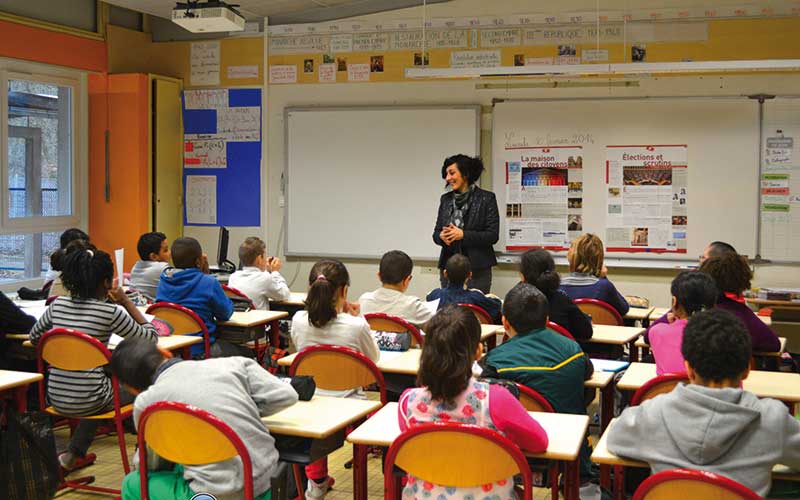
Morocco is undertaking a comprehensive overhaul of its education system,positioning schools,vocational training,and universities at the center of an inclusive national project aimed at reshaping relations between the state,society,and youth.
For decades,the Moroccan school system—once a social mobility engine—has struggled with high dropout rates,unequal access,and modest results in international assessments. Over 400,000 young people leave school annually without qualifications,reflecting a deep disconnect between education and societal needs.
The Ministry of Education’s 2022–2026 strategic framework envisions “schools of equity,quality,and individual empowerment,” with priorities including universal preschool access,curriculum reform,continuous teacher training,and digital integration. The Higher Council for Education advocates a renewed educational contract focused on accountability,results-based evaluation,and active participation from families,communities,and civil society.
Vocational training has moved to the forefront of Morocco’s development agenda,with the OFPPT’s network of Cités des Métiers et des Compétences offering modern,locally rooted training centers that integrate innovation and entrepreneurship. The private sector is calling for closer alignment between skills training and market needs.
Higher education reform,through the PACTE ESRI 2030 plan,seeks to enhance academic excellence,employability,and global engagement. Measures include adopting the Bachelor system,reinforcing soft skills,and strengthening foreign language instruction. Universities are also urged to gain greater autonomy,improve research funding,and foster closer ties with industry.
The Mohammed VI Polytechnic University stands out as a model,combining academic rigor with African outreach and applied research. Ultimately,Morocco’s success depends on integrating schools,and universities into a cohesive system that offers young people tangible prospects and fosters an inclusive,knowledge-driven society.
United News - unews.co.za